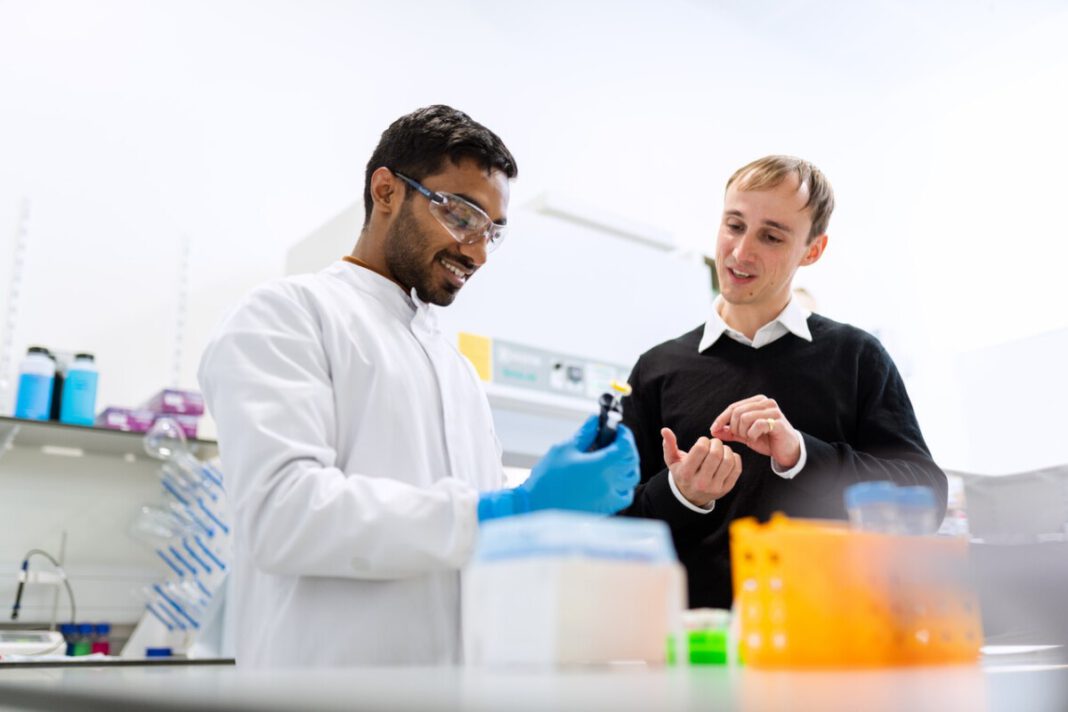The Amsterdam UMC (a research hospital) has received one million euros to investigate whether intestinal bacteria may aid people with type 1 diabetes. The funding comes from the Diabetes Research Foundation and the Diabetes Fund.
The new research focuses on faecal bacteria in the intestines which contribute to sugar metabolism in the immune system, report NOS.
Approximately 120,000 people in the Netherlands have type 1 diabetes. To maintain their blood sugar levels, they have to self-administer insulin.
The novel research
Exploratory research is already underway into the transfer of intestinal bacteria via faeces transplant into the small intestine of the person with diabetes. The aim is to spruce up pancreas function, which helps regulate blood sugar.
The research consists of three studies and is anticipated to last five years.
Poop transplants are not new to the Netherlands. Patients with Crohn’s disease, for example, have been receiving this treatment for years, whereby a watery solution of a healthy person’s stool is given to the patient. The tasteless, smell-less transfer takes place via a tube in the nose.
What do you think of this innovative diabetes research? Let us know in the comments!
Feature Image: ThisIsEngineering/Pexels



